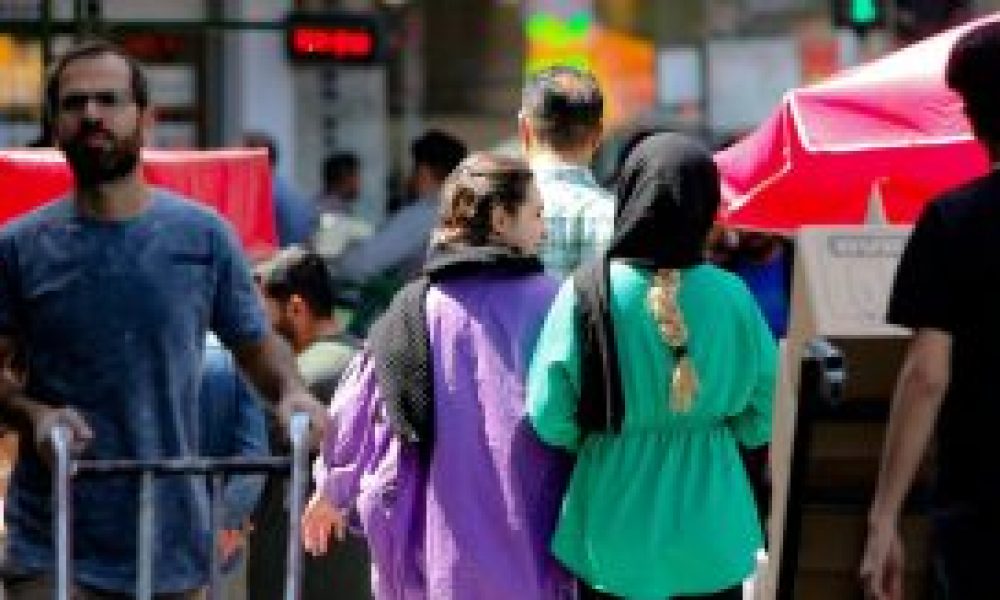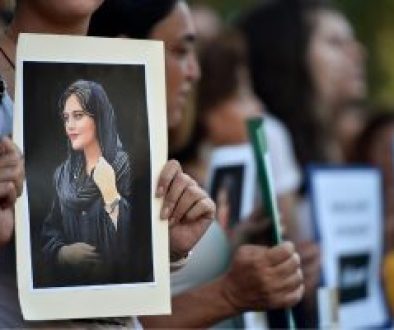Rethinking the EU’s Approach to Women’s Rights in Iran

BARBARA MITTELHAMMER, TARA SEPEHRI FAR, SUSSAN TAHMASEBI
APRIL 25, 2023
PAPER
Source: Getty
Summary: Women in Iran are agents of change, as proven once more by the feminist revolts in the country. The EU must expand its long-term approach to support Iranians’ fundamental rights and address their worsening socioeconomic conditions.
Related Media and Tools
After the death of twenty-two-year-old Mahsa (Jina) Amini in the custody of Iran’s morality police on September 16, 2022, protests quickly spread throughout the country under the slogan of “Woman, Life, Freedom.” Amini’s death galvanized a movement that connects women’s individual freedom to choose their dress code to the systemic social, political, and economic grievances of a larger population that is demanding fundamental change. In claiming the realization of their basic rights, Iranians are revolting against a system that not only oppresses women and peaceful dissent but also continues to fail to meet citizens’ needs. This fight, which has attracted global solidarity, highlights the core message that when women’s rights are marginalized to nonexistence, human rights for all are at risk.
The protests have taken place amid mounting repression of organized peaceful activism, a continuing deterioration of Iranians’ basic rights, and a host of economic ills, including rising inequality, increasing poverty, worsening living conditions, skyrocketing food prices, raging inflation, and rising unemployment. Three years of the coronavirus pandemic as well as decades-long comprehensive economic and financial sanctions have gravely added to the socioeconomic calamity. On top of this economic insecurity, precarious and perilous working conditions had already sparked increasing protests in Iran in recent years, resulting in the government’s harsh crackdown on human rights activists and civil society as well as further infringements on rights, including internet shutdowns, even before current events.
Repression and the deterioration of Iran’s socioeconomic conditions have aggravated the situation for women in particular. Especially in recent years leading up to the current protests, this trend has hindered Iranian women’s ability to mobilize, protest, and achieve the full realization of their rights. Those who experience intersecting discrimination because of their minority background or social status are impacted even more if they live in rural areas, which are less developed than urban ones, or in areas on Iran’s border, which the state views predominantly through a security lens.
Access to full text:
https://carnegieeurope.eu/2023/04/25/rethinking-eu-s-approach-to-women-s-rights-in-iran-pub-89559





